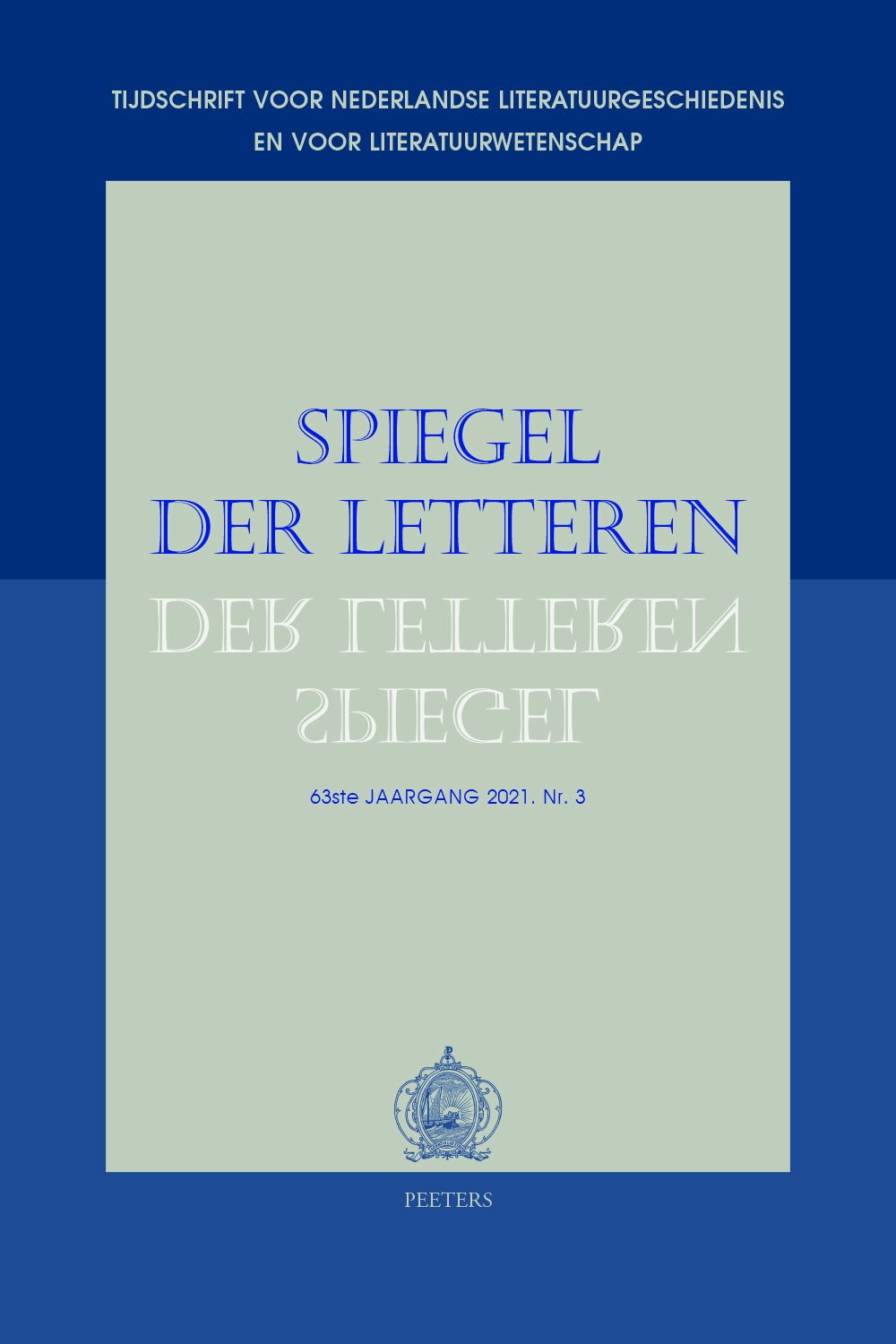next article in this issue  |

Preview first page |
Document Details : Title: Astrologie en determinisme in Middelnederlandse teksten omstreeks 1300 Author(s): REYNAERT, Joris Journal: Spiegel der Letteren Volume: 46 Issue: 2 Date: 2004 Pages: 105-132 DOI: 10.2143/SDL.46.2.630007 Abstract : A number of Middle Dutch texts dating from the end of the thirteenth and the beginning of the fourteenth century pay express attention to the relations between astrology, fate and determinism. This may well constitute an echo of the analogous discussion which roughly speaking took place half a century earlier in the world of Latin learning and which culminated in the condemnation in 1277 of Roger Bacon and in the rejection by bishop Tempier of several aspects of the astrological science as it was taught at the university of Paris. The evolution which can be observed in the works of Jacob van Maerlant († ca. 1300), more precisely the fact that the topic of astrological prediction tends to be refuted or ignored in his later (didactic) works, may well be a reflection of this general tendency towards scepticism in matters of (predictive) astrology. In contrast with Alexanders geesten [History of Alexander] (ca. 1260), in which fate and predictive astrology are treated quite uninhibitedly, Maerlants part of the Spiegel historiael [Mirror of History] (1280-1288) seems to conciously avoid the themes of astrology, fate and prediction. This of course partly reflects the difference in genre and date between Walther of Châtillon’s Alexandreis, from which Maerlant adapted his Alexanders geesten, and Vincent of Beauvais’s Speculum historiale, which was the source of his Spiegel historiael, the former being a literary product of the classicizing renaissance of the twelfth century (ca. 1176), the latter a ‘world history’ in a context of moralization. But the contrast in any case coincides with a tendency which can also be observed in Maerlant’s further didactic works. |
|


